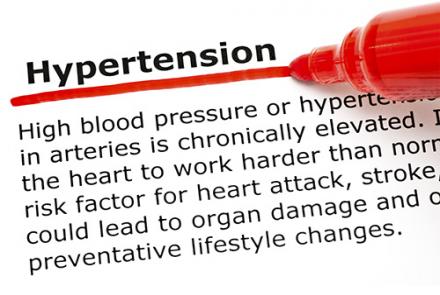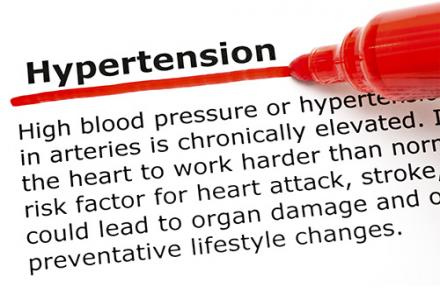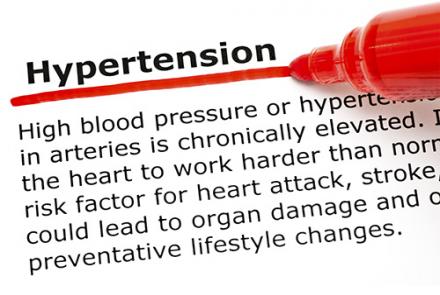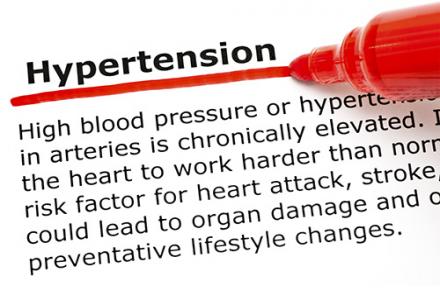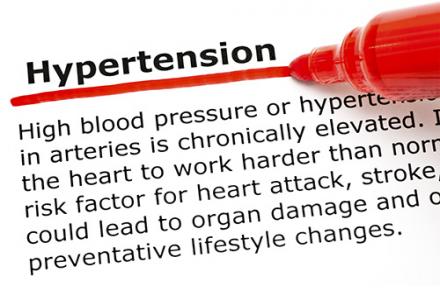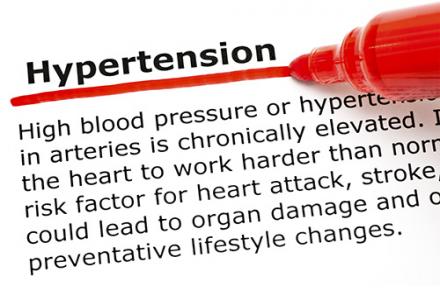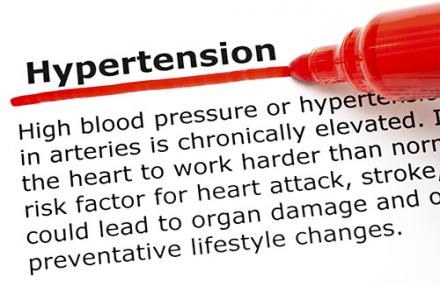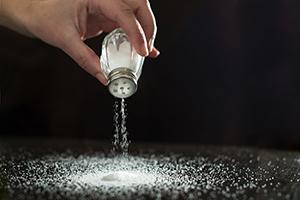
This time in our Health by Numbers/Medical Tests series, Dr Shital Patel takes a look at our electrolyte levels in our blood. An electrolyte imbalance, commonly caused by loss of body fluids through prolonged vomiting, diarrhoea, sweating or high fever, can result in various health disorders, like restlessness, anxiety, kidney diseases or even cardiac arrest.
An Electrolyte Panel is a blood test that measures the common minerals in the body such as sodium, calcium, chloride, magnesium, phosphorous, and potassium. This also includes bicarbonate or CO2 that takes the form of bicarbonate in blood. CO2 is the waste product of metabolism. Electrolytes are essential for the proper functioning of the heart, muscles and brain as they are needed to maintain balance in the body fluids.
An electrolyte panel blood test may be ordered as part of a regular health check or to check on any electrolyte changes.
SODIUM:
A sodium blood test, also called Serum sodium test allows a doctor to check on the sodium levels in the body. Sodium is an important mineral and electrolyte that is necessary for functioning of cells in the body and maintaining electrolyte balance. It is also called Na+.
Sodium is commonly found in foods that have them naturally or during cooking. It can be in the form of sodium chloride (salt) or as sodium bicarbonate (baking soda). It is also found in certain medications, such as paracetamol, aspirin, soluble ibuprofen, alka seltzer and laxatives and personal care products such as toothpaste, mouthwash, denture cleansers etc.
The blood, plasma and the lymph contain about 85% of the sodium in the body. A hormone called aldosterone which is produced by the adrenal gland is known to control some of the sodium levels via the kidneys. Apart from urine, sodium is also lost via stool and sweat.
Normal results for sodium are 135 to 145 mEq/L (milliequivalents per liter), but these values may vary slightly from lab to lab.
High Sodium levels (Hypernatremia):
A high sodium level in the blood is also called Hypernatremia. This can be caused by several factors such as:
- A high-sodium diet. (Learn about the DASH Diet)
- Dehydration or not drinking enough water.
- Water level imbalance due to certain medicines like diuretics, severe vomiting, diarrhea, Kidney disease, Cushing’s syndrome, diabetic ketoacidosis, diabetes insipidus, etc.
- High aldosterone levels or hyperaldosteronism.
Low Sodium levels (Hyponatremia):
A low sodium level in blood is termed Hyponatremia. Causes include:
- Drinking too much water (psychogenic polydipsia).
- Poor nutrition.
- Water loss from body due to excessive sweating, vomiting or diarrhea.
- Underlying conditions such as underactive thyroid or adrenal glands, kidney disease, liver cirrhosis, heart failure, cystic fibrosis, SIADH (syndrome of inappropriate antidiuretic hormone secretion) etc.
Factors that may affect results:
- Current medications such contraceptive pills, corticosteroids, antibiotics, antidepressants, heparin, estrogens, NSAIDs, lithium, hypertensive pills and diuretics.
- Having high blood sugar levels
- Recent saline IV fluid injection during a hospital stay.
Next in the series: Importance of Right Potassium Levels




